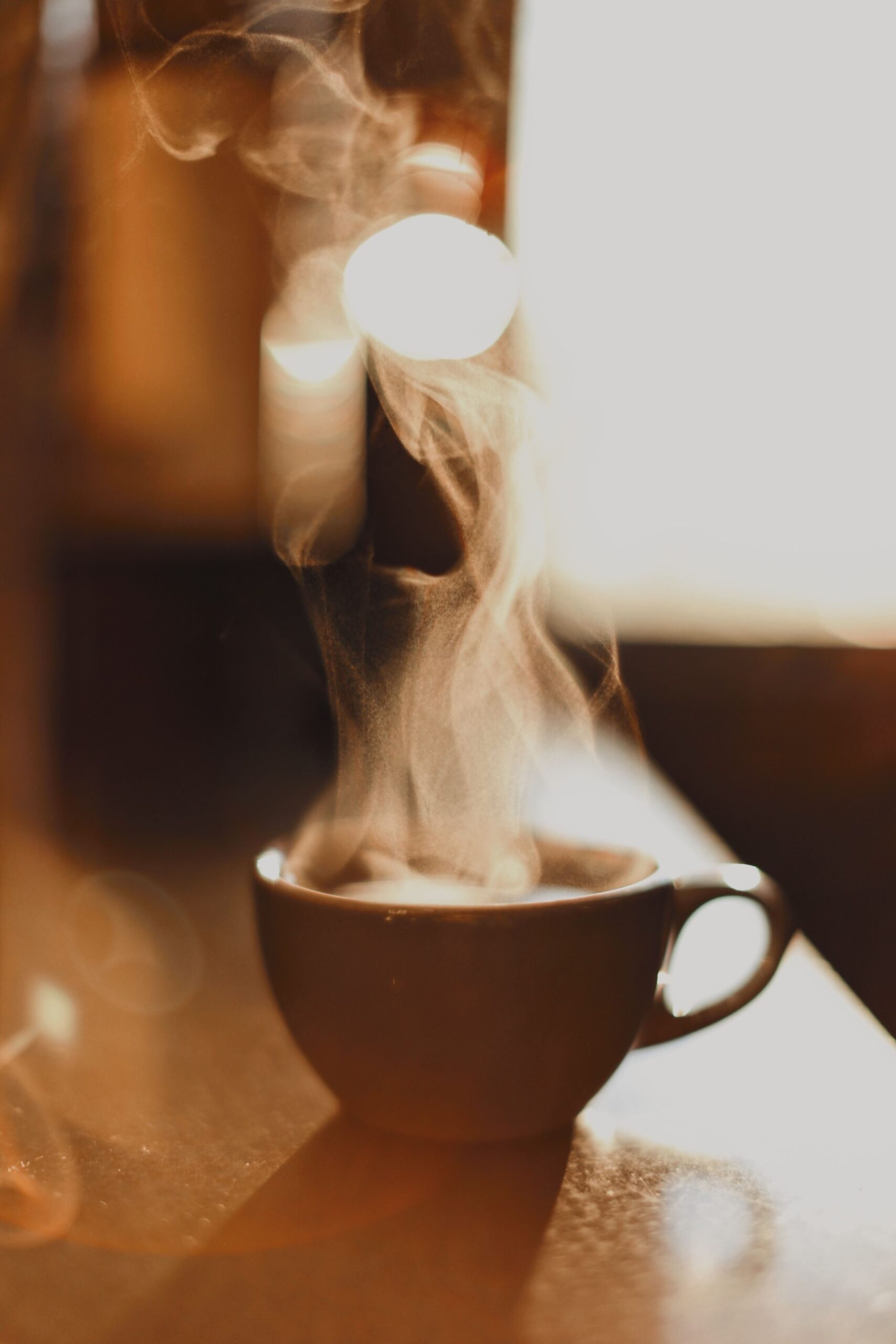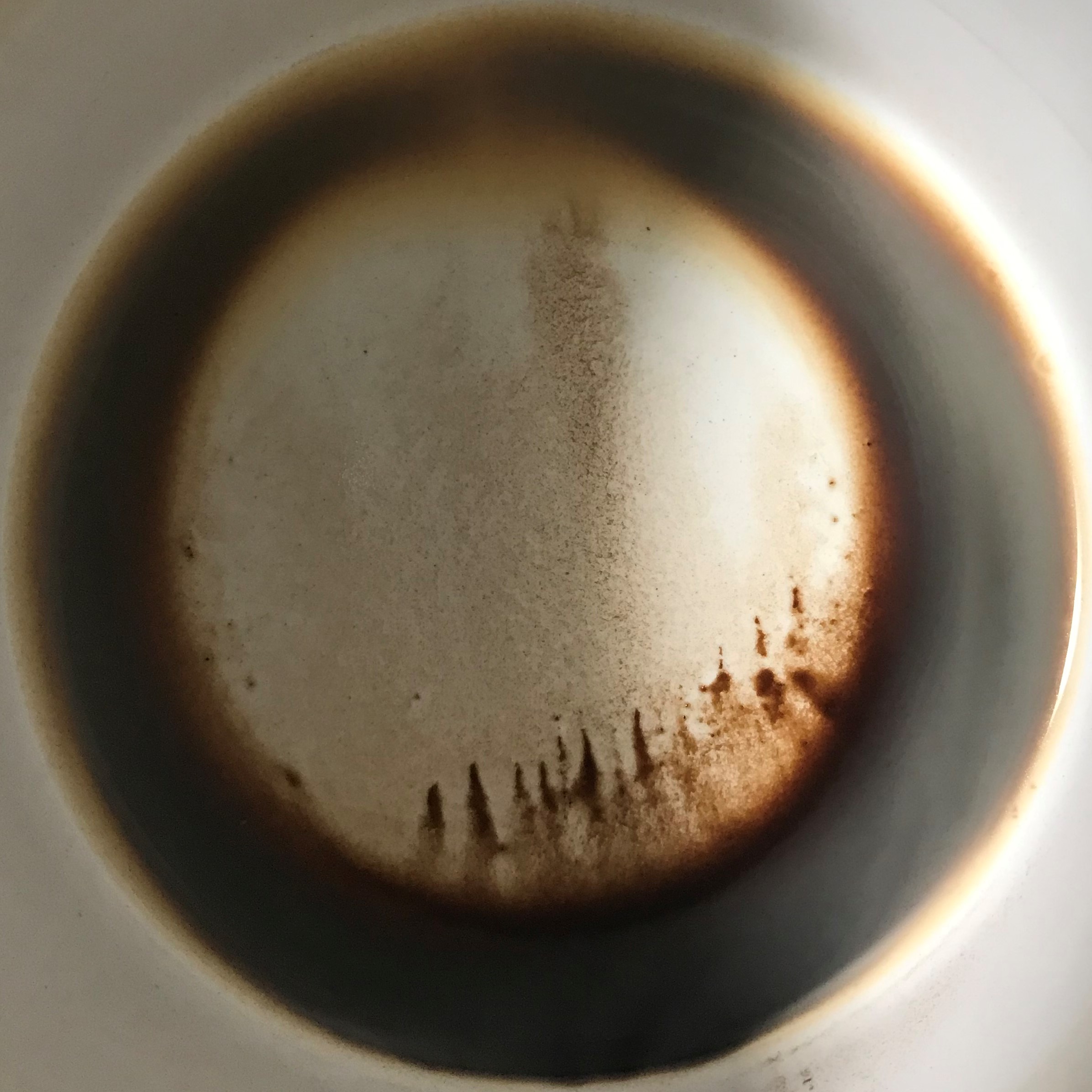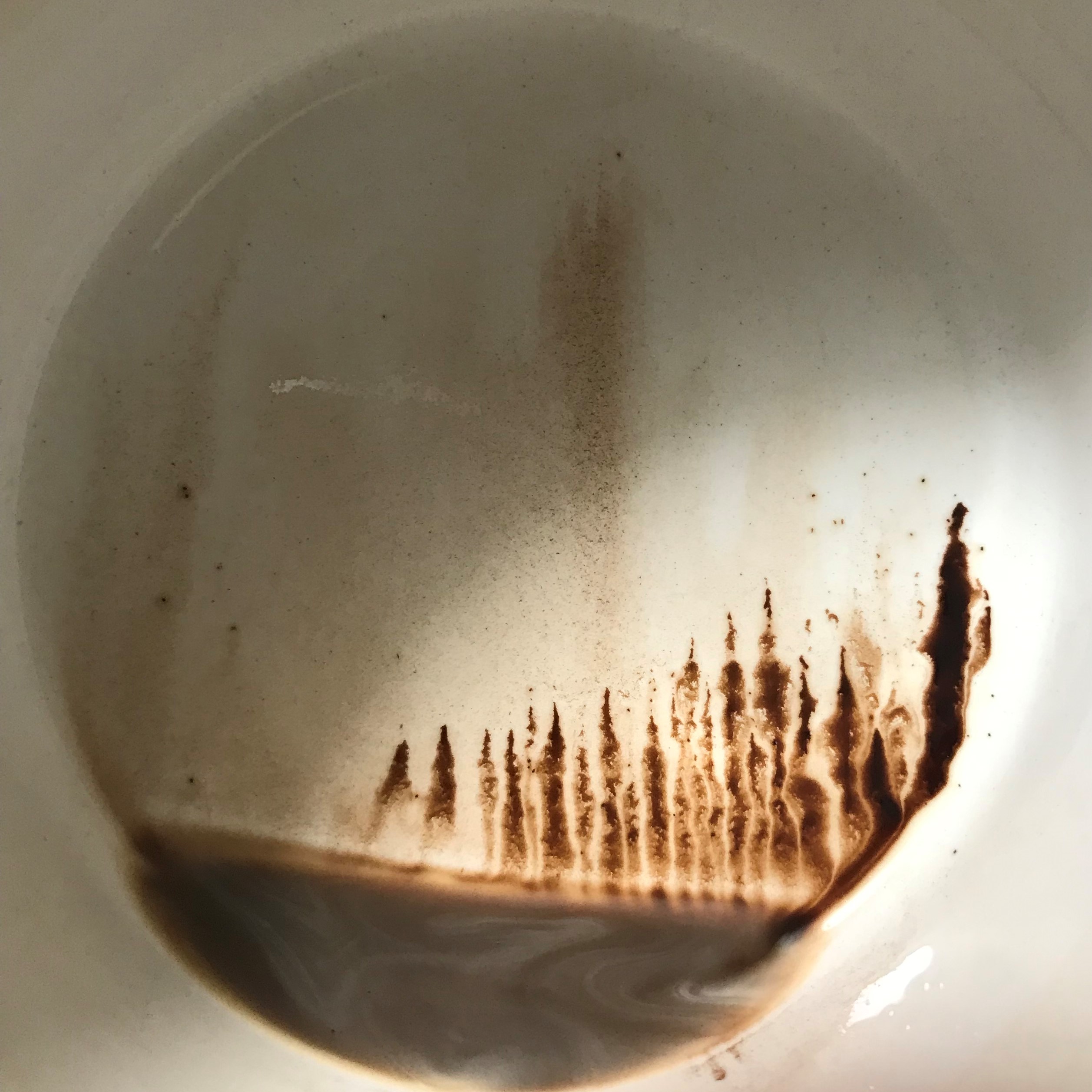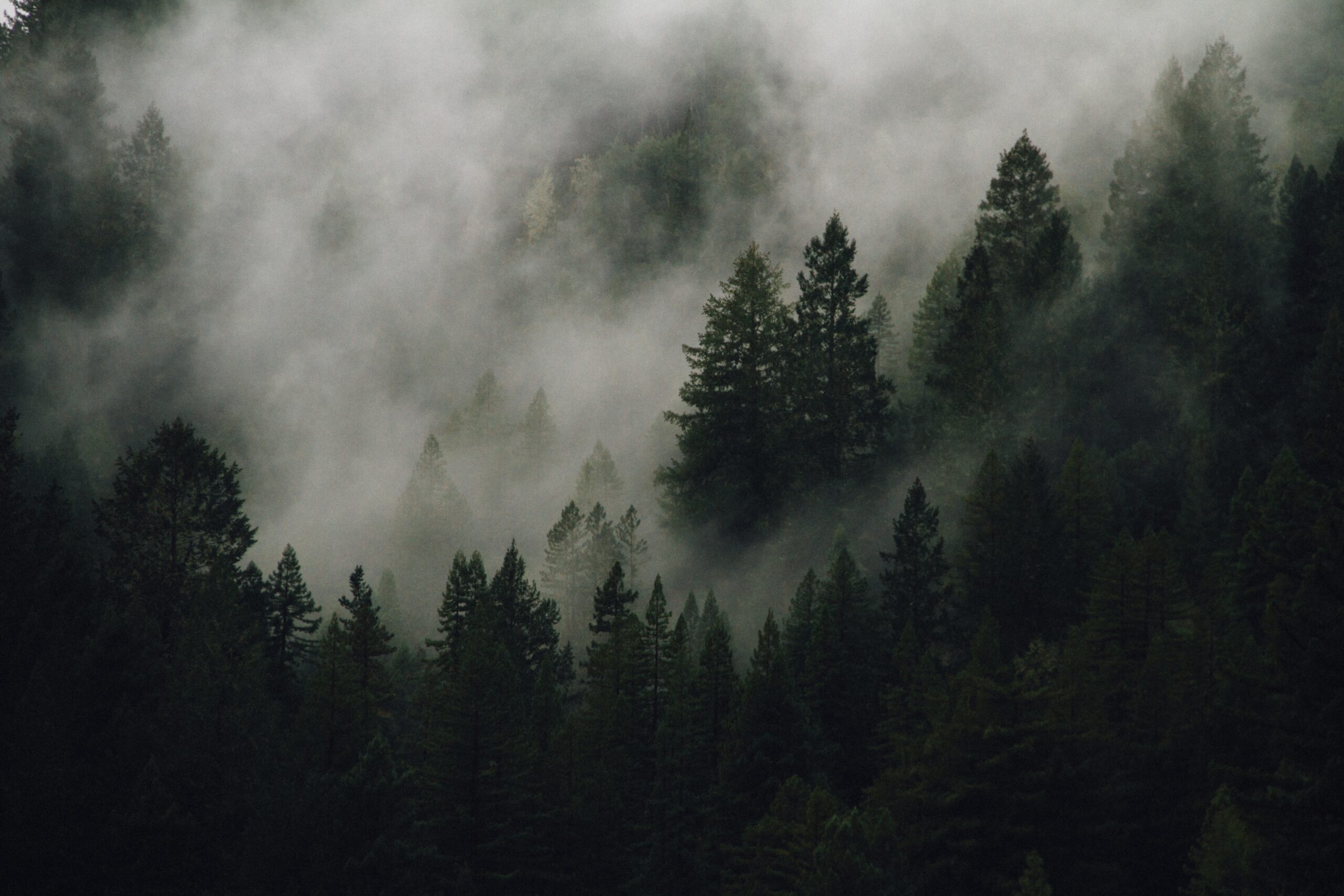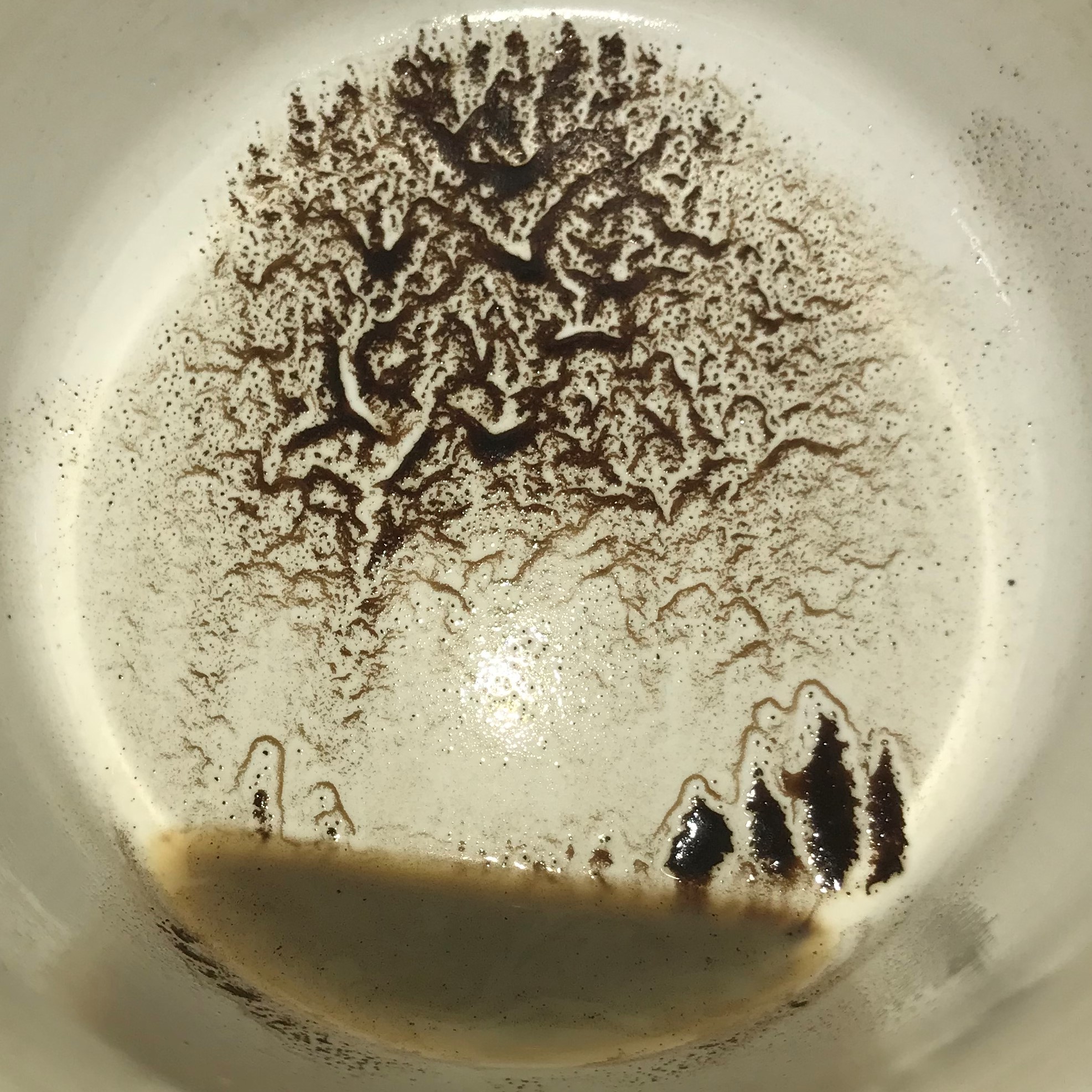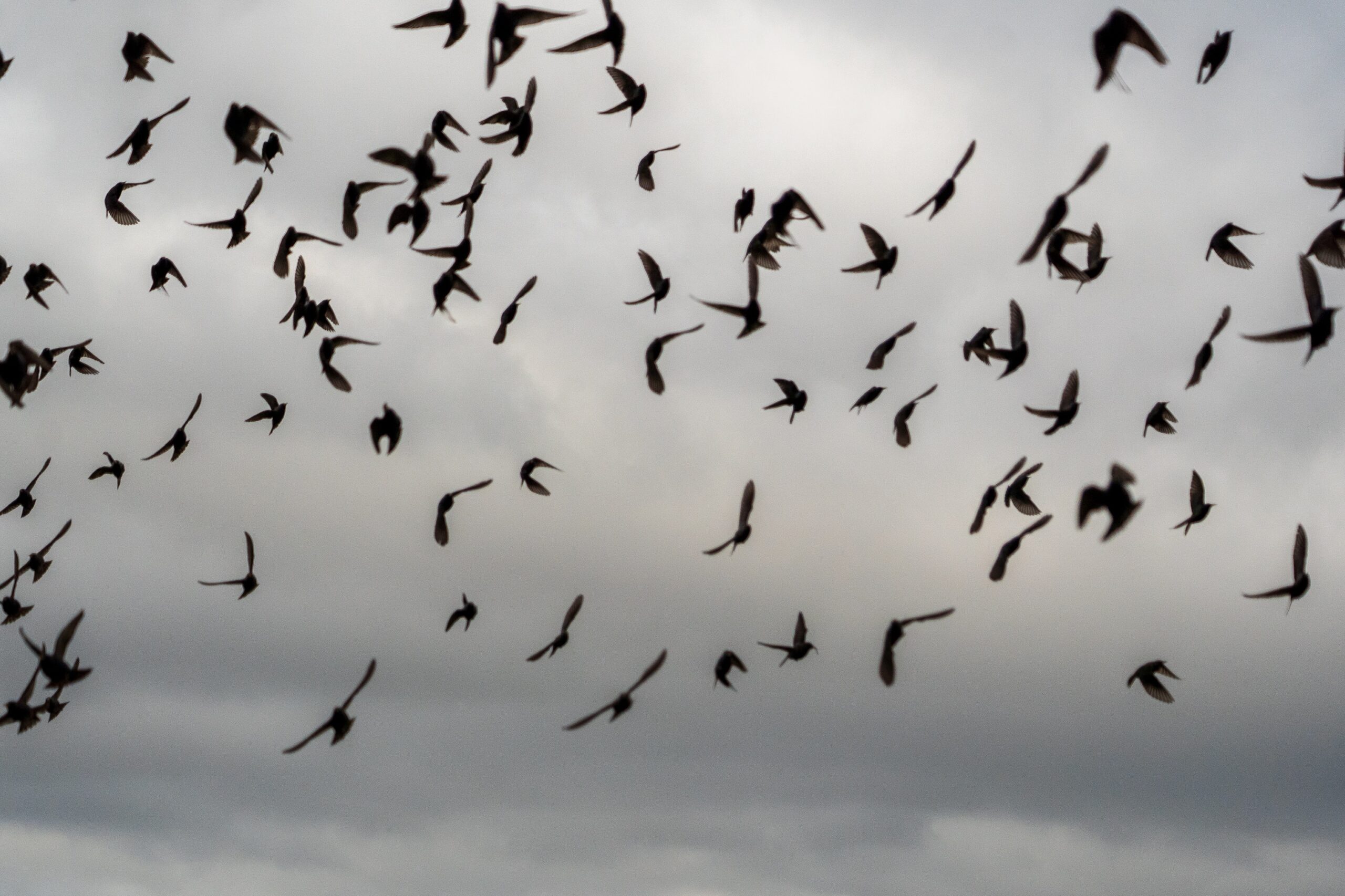Update: 8/18/2022. As I thought would happen, a school district in Texas has decided to remove the Diary of Anne Frank from their school libraries. In light of that, I am reposting this piece I wrote in February, not long after Holocaust Remembrance Day. I have also retitled it to “The Conversation of the Holocaust Shouldn’t End with Anne Frank” from “We Need to Start the Conversation with Anne Frank.” The new title is more to the point. Of course, I could easily say “We need to have these conversations period.” Period. Banning of these books stops the difficult questions before they begin… conversations that are supposed to teach young students about the realities of the world and how to make it better.
Last week was Holocaust Remembrance Day, the anniversary of the liberation of Auschwitz-Birkenau by Soviet troops in January 1945.
I’m writing this in a time when anti-Semitism and Holocaust denialism are manifesting in plain sight. Over four years since the deadly white supremacist rally in Charlottesville, VA, a gunman in Texas held a rabbi and his congregants hostage for ten hours. Last week, a Tennessee school board banned Holocaust literature, particularly the graphic novel Maus, from schools over concerns of “vulgarity” when the Holocaust cannot be taught honestly in a sanitized way. This as people refusing to be vaccinated against COVID-19 and protesting mask requirements continue to invoke the Holocaust, reducing it to cheap hyperbole.
In much the same vein, Robert F. Kennedy Jr recently weaponized Anne Frank’s name during an anti-vaccine rally in Washington DC. At the same time, a media buzz surrounding new “evidence” about who betrayed her and her family to the Nazis drew national attention. Symbol or otherwise, Anne, who died at age 15 at Bergen-Belsen, has never been allowed to rest, for good or ill.

I was on the verge of middle school when I found Anne Frank’s diary in the neighborhood book store. It was the “definitive edition,” published in the 1990s with material her father had previously edited out. As a girl reading the very personal musings from another girl in a similar stage of life, I’d discovered a door–just my size–that led into a dark period of history.
I can’t have been the first teenager to have latched onto Anne as a peer. I was an American kid. A Christian kid with only tangential knowledge of the plight of the Jewish people throughout history. A kid who grew up with the American Girl books (I loved Molly) and the concept that World War Two did not officially start until 1941 at Pearl Harbor. The diary itself, that familiar piece of writing, served as the touchstone for all of our knowledge on the Holocaust. But too often the conversation ends there.
It can’t.
The diary of Anne Frank, while a powerful, vital work, does not encapsulate the whole of the Holocaust. It is the story of Anne before Westerbork, Auschwitz and, ultimately Bergen-Belsen. On it’s own, it is incomplete.
As a kid, I assumed the diary had poured out of her raw and unchanged. She was so brilliant, insightful, and honest, I wanted to be able to articulate my feelings that way. As an adult, I’ve come to understand that Anne had edited her own diary for publication after the war, a masterful undertaking for a fifteen-year-old. But she never had the chance to grow beyond this achievement, to develop into a journalist or a novelist and reflect on her experiences. The diary stops abruptly. She stops abruptly. There is only a note after her final entry (August 4, 1944) about her arrest and death in the early spring of 1945 at Bergen-Belsen.

That’s the point. It isn’t a “proper” climax or denouement. It doesn’t offer closure. There aren’t many satisfying, much less romantic or triumphant, conclusions to stories of the Holocaust.
Her story can only be the first step towards comprehending the destructive consequences of racial hatred. The act of reconciling mass genocide with our cultural values of heroes, justice, and neatly-packaged morals is a profound and life-long challenge. It is not a good story. It is not meant to be a good story. That is lesson number one.
So, what do we do? We keep reading and learning. We stop making pithy generalizations and listen to those who survived, whose descendants bear the weight of remembering. We need to listen–pay attention–when it makes us uncomfortable or causes us pain. When it makes us profoundly sick. And we keep asking why.
No one ever said it’s easy.
In high school, I learned that my interpretation of the Holocaust–despite having read a lot of Holocaust literature–was skewed. By that point, stories of non-Jews defying Nazis and hiding Jews, smuggling them out of the country, risking death for them had inspired me (Lois Lowry’s Number the Stars, Dietrich Bonhoeffer, Corrie Ten Boom and other stories). I had assumed that most Christians were generally on the side of the oppressed. That, as Anne is (exhaustively) quoted as saying, “People are good at heart.”
I said something fairly innocuous (or so I thought) about Christians helping Jews during the Holocaust and my French teacher, who was Jewish, angrily chastised me. I do not remember how it came up or what was specifically said, but it hurt like a slap. It took me a while to figure out where I’d gone wrong. Eventually, I realized I had not absorbed the darker reality, that many, many people (and, yes, Christians) were complicit with the Nazis and treacherous to Jews across Europe. I was looking at it through a dense black and white filter. I did not yet understand the nuances. I’m not sure I ever will.
So I read. And I keep reading and learning.
Below are the other Holocaust books I read as a kid. They still haunt me. I have read many other books since, but I mention these because I read them around the same time (with the exception of Francine Prose) I read Anne Frank. I didn’t stop here, and neither should you.





Recent events have reminded me to keep reading and learning. I’m going to start this time around with booklists and articles from Hachette, the Jewish Book Council, the Saint Louis Holocaust Museum, and the United States Holocaust Museum.
The journey isn’t over. Not by a long shot. Read, friends, and remember.
📚
